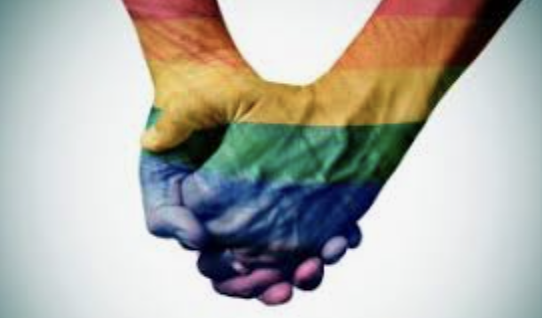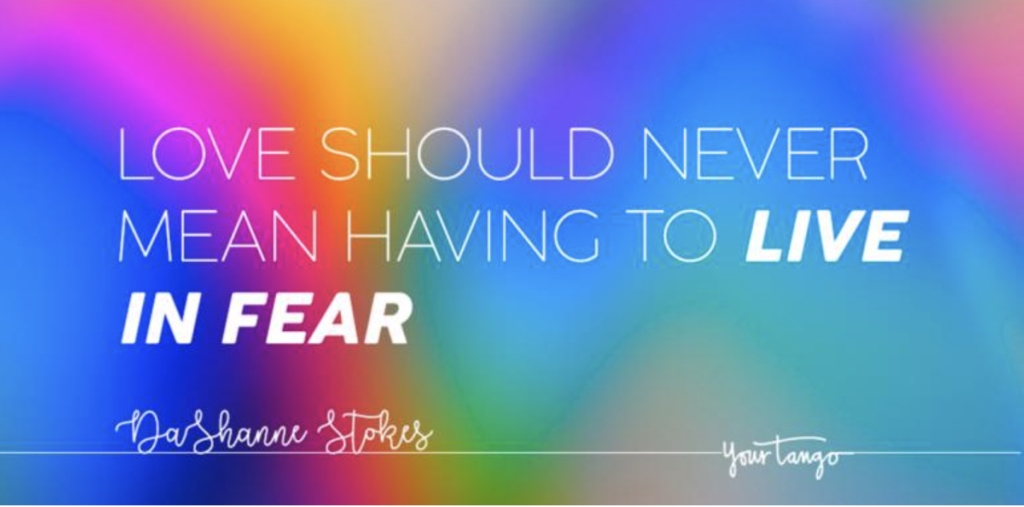When I was much younger, I had a close friend who was extremely homophobic.
So much so, in fact, that he used to say if he learned that a friend of his was homosexual, that person could no longer be his friend. Some years later, he thought he was showing tolerance by calling gay men “homos.”
“I used to call them queers,” he reminded me.
Truly, progress can often come in the tiniest of steps.
I didn’t know anyone who was gay, lesbian or bisexual when I was growing up. That’s actually not true. It would be more accurate to say I didn’t know anyone who was openly gay, lesbian or bisexual. It was a time when there was much to be lost and little to be gained by admitting what was in your heart if you were, well, different.
I honestly don’t remember how old I was the first time I had a friend or coworker who was openly gay. I was in a college dramatic production where a fellow cast member was flamboyant in a way that might have made me wonder.
But we didn’t ask and he didn’t tell.
Years later, I learned that he had died of AIDS, as did a younger brother of a close female friend of mine.
I never knew either of them well. but if they had been my friends, I truly cannot imagine feeling any different about them if they had told me they were gay.
And I completely reject the proposition from people who say being gay or lesbian is a choice people make. A sinful choice at that. It beggars the imagination to think someone would choose a way of life that makes them subject to hatred, discrimination and serious health problems.
We are who we are, and it’s a terrible thing to deny that because people say it’s sinful or evil.
Ralph Waldo Emerson may have said it best in a comment that was not about sexuality but certainly applies.
“To be yourself in a world that is constantly trying to make you something else is the greatest accomplishment.”

I have another friend who recently learned his teenage grandchild was gay. The grandchild had been reticent about coming out because of concerns about how some older family members would take the news.
My friend is neither completely tolerant or completely intolerant. I suppose I would describe him as someone who tries hard to be a good person and on the whole succeeds more than he fails.
But he has loved his grandchild since birth — theirs, not his — and he takes great joy in seeing a lovely child turn into a young adult. When I asked him if this news changed his feeling at all, he just shook his head.
“How can you even ask that? If that changed my love for my grandchild, it would mean I didn’t really love them at all.”
I was happy to hear that. I have met his grandchild and was very impressed with them. I hope they know that no matter what happens, their grandfather will always love them as he always did.
And if people try to shame them with religious arguments, just remember these three words.
GOD IS LOVE.
***
Editor’s note: If the pronouns seemed awkward in the final part of this piece, it’s because I wanted as best as possible to avoid identifying the child as boy or girl. The point was to be more universal than specific.

